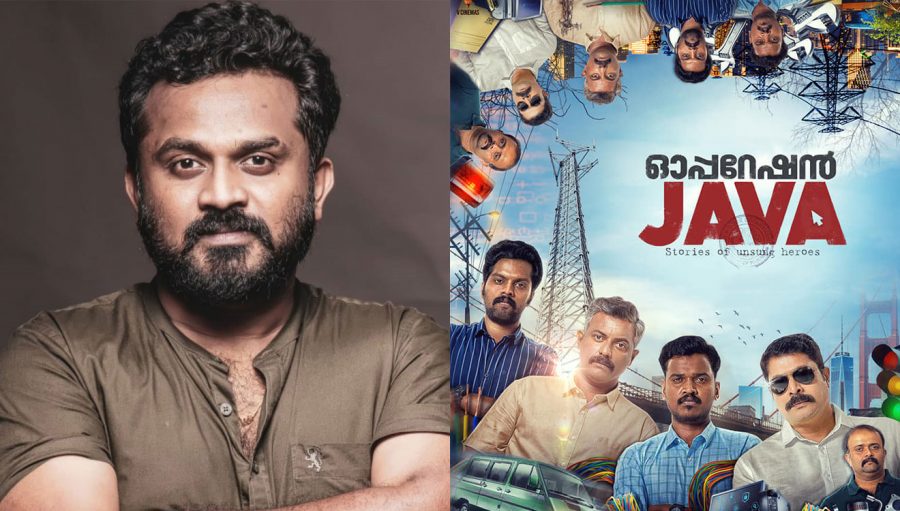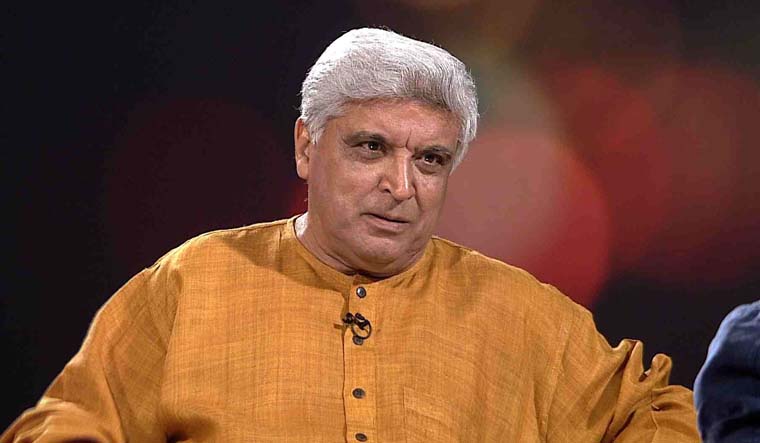Operation Java, the Malayalam thriller film which has been streaming on Zee 5 from May 17, has been garnering a positive response from the audience. The film released in theatres on February 12 and ran successfully for 75 days. It was one of the first Malayalam films that released after the relaxation of Covid-19 induced lockdown.
In conversation with Silverscreen India, the film’s director Tharun Moorthy talked about the film’s casting process, research and how his association with various art forms influenced his filmmaking skills.
“Unlike many mainstream films, Operation Java doesn’t have star-studded actors playing the lead roles. It features Balu Varghese and Lukman as two unemployed BTech graduates, and Anthony George and Vinaya Dasan, who join the Kerala cyber cell as interns to help crack down a series of cyber crimes such as morphing, piracy, extortion and phishing,” Tharun said.
“The film had 83 characters and all of them were handpicked. Casting director Abu Valayamkulam played a major role in finding the right faces. Instead of going for an open audition call, we identified potential artists from the existing database. Though there are a few familiar faces like Vinayakan and Shine Tom Chacko, they come only for a few scenes as per the script’s demand to navigate the story. ” Tharun said.
The film also stars Irshad, Alexander Prasanth and Binu Pappu in pivotal roles.
Tharun explained the reason for beginning the film with a “sorry note”, which apologises to all the artists who were rejected during the screen test and whose scenes were trimmed while editing.
“I entered the industry aspiring to become an actor and had faced a lot of rejections in auditions. So I know how it feels and that’s why I felt that this sorry card holds more value in the film compared to the thank you note,” Tharun said.
View this post on Instagram
According to the makers, when they initially decided to make a film based on cyber crime, they chanced upon the hit Malayalam film Premam‘s censor copy leak case and were inspired by the two youngsters who solved the case in reality.
Interestingly, Operation Java has retained the names of people involved in the case instead of tweaking it. Tharun said his production control team had got permission from the individual who was involved in the case and assured them to establish the facts as per the inferences gained from the investigations.
In an earlier interview with Silverscreen India, Tharun had revealed that Operation Java’s Hindi remake rights had been sold and the cast and crew for the project had not yet been decided.
Recommended
“The discussion is still in the early stages and I am open to directing the film if given an opportunity. The emotions and the story narrated in the film are ubiquitous and that makes the story relevant to the audience beyond language and culture barrier,” Tharun had said.
Tharun had said that they did extensive research and spent a lot of time in the cyber cell, observing how the cases were handled. While one part of the film delves into phishing and money extortion, the sequence is set at the backdrop of a village in Tamil Nadu.
“I derived the idea from incidents that took place in Jharkhand’s Jamtara, which is known as India’s phishing capital. Also, while many films have shown cyber cell as a high tech space, we wanted to create a set which exactly resembles our reference point as retaining the authenticity was our ultimate aim,” Tharun said.
View this post on Instagram
The self-taught director hails from a performing arts background. He has been practising Kathakali and theatre since childhood. He worked as a college professor and later forayed into making advertisement commercials.
“Though I didn’t assist anyone, I learnt set management and production process by doing ad-films,” he said.
Tharun, who calls himself an “unsatisfied actor” who turned into an “accidental director”, said that his father discovered the writer’s spark in him after which he began writing for films.
“I hope to make use of this [cinema] medium to convey thought-provoking messages that are relevant and relatable to the audience without forgoing its genuineness,” Tharun added.



